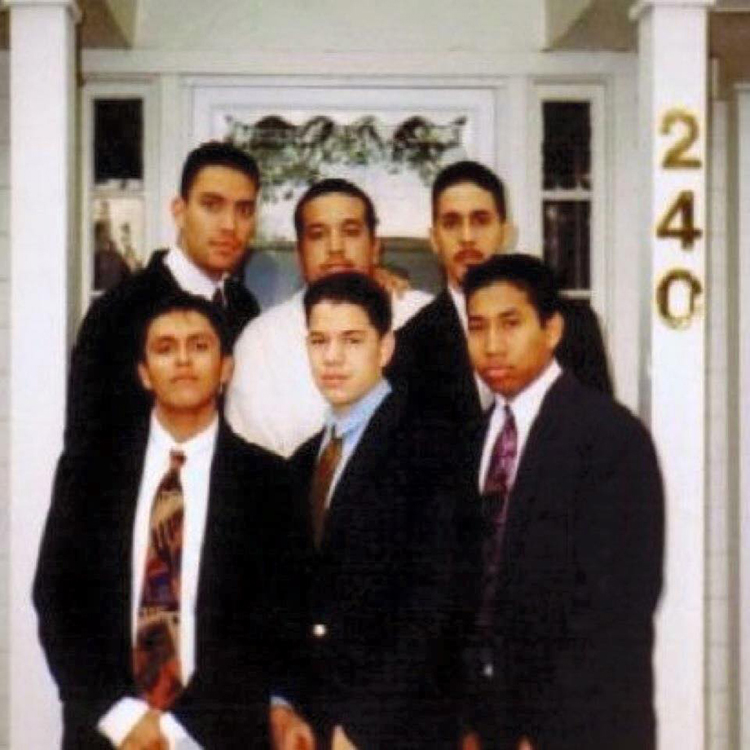One Set of Letters Does Not Fit All
But let me explain what most people miss throughout these recent discussions. Greek lettered organizations are as diverse as the world itself. While many of the oldest and most established organizations are predominantly white, and male, and live off the premise of a privileged networking society with some community service opportunities kicked in, there are also GLOs that are female, Black, Latino, Asian, multi-cultural, LGBT, religious focused, gender neutral, the list goes on and on. In fact probably the only thing many of them may have in common is that they chose to represent their organization with Greek letters.
The idea that GLOs should not exist is something I take exception with. GLOs – specifically, GLOs that focus on communities of color, women and other minority groups, are actually essential. Without them there would be fewer national networks for those considered to be underrepresented communities. One has to simply look at the prestigious alumni lists of many Pan-Hellenic GLOs to see the contribution their members have made over the last century. This is not to say that the “traditional” GLOs do not have great alumni as well. Many will tell you this is not a coincidence, but that the bonding and structure that are part of many GLOs actually foster a mentality of success that is not duplicated outside this model.
One could argue, however, that at least among traditional GLOs, that this success is less about an uncommon mentality of its members, but more about an uncommon privilege of an exclusive and closed network that the organizations foster that lead to this type of success. How can universities support this while trying to encourage inclusion and equality on their campuses?
Especially when exclusivity and selection is a tradition that is as old as academia itself. With our top universities admitting as little as 5% of applicants, for them to be critical of an organization based on selective membership would be hypocritical. However, universities do not deny based on “what” the candidate is, and when selective membership of a greek organization is tied specifically to gender, it places traditional GLOs squarely, and perhaps justifiably, in the crosshairs.
I do believe that more than ever, non-traditional GLOs are necessary. They provide not only needed services to the individual members as well as the communities they serve, but they provide an added “balance” to the traditional GLO system. An alternative for those who want to experience the model of a GLO, but have trouble relating to traditional campus Greeks, or just don’t feel safe amongst them. That is not to say non-traditional GLOs are a panacea. They also struggle with very real and serious topics, like hazing, sexism, homophobia, yes, even racism. I believe that many of the ethnic GLOs, including Latino Greeks like my own organization, should really consider radical topics for the new century, including overhauling intake practices, and the potential for coeducation.
Either way, all GLOs should consider the real possibility that in the next 20 years, campuses, and their roles within them, will look nothing like the last 20, or the last 200. Traditional organizations must understand the role they play in creating a safe campus space, especially if they control actual physical property. Non-traditional GLOs must take advantage of their small(er) sizes, get nimbler and not try to emulate the traditional model, but instead see where they can be vanguards and set new standards. If the system is to survive at all, it will not survive as it is. The world is a’changing ladies and gentlemen. Time to embrace change, or be left behind.

